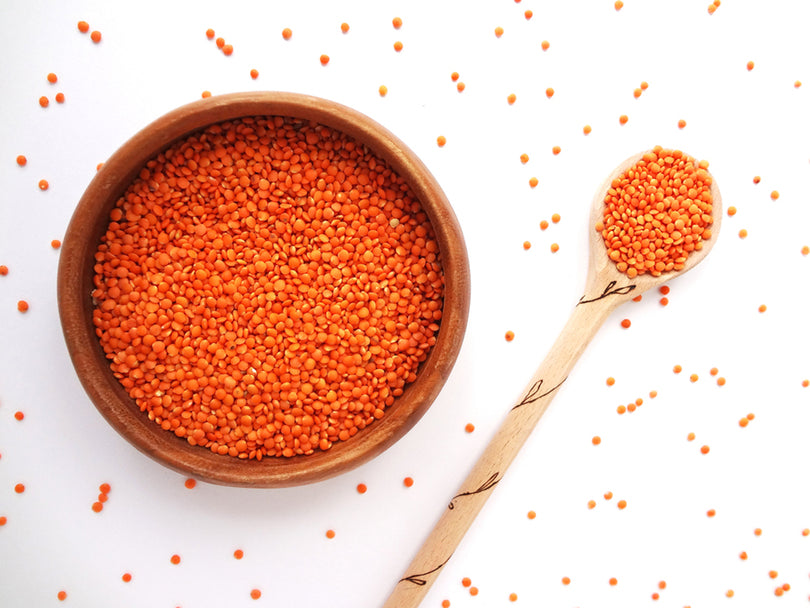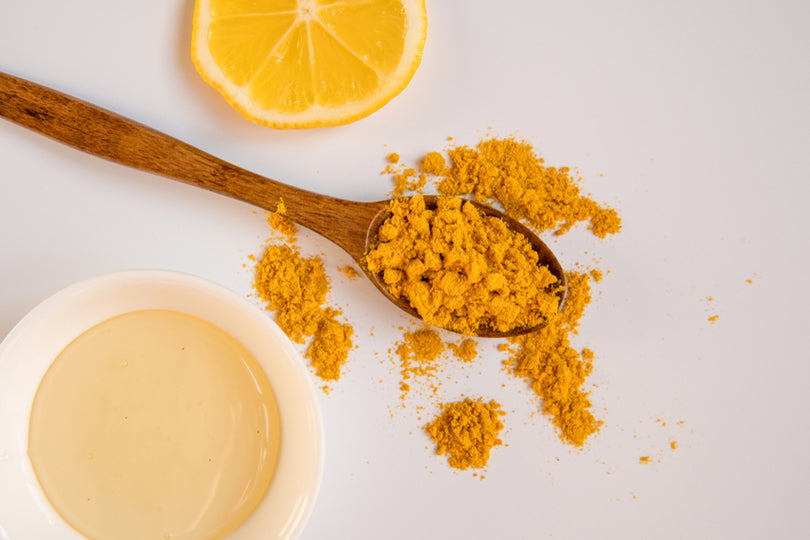Are You Getting Enough Magnesium In Your Diet?


Did you know that magnesium is a really important mineral that we need EVERY day? It’s also one that some women don’t get enough of. Today, I’m going to give you some tips to show you how to increase your magnesium levels!
Why do you need magnesium?
Our bodies rely on magnesium! It causes a number of enzyme reactions in your body, including converting macronutrients such as carbohydrates, fats and protein to energy.
Magnesium can assist with reducing cramping and helps you to sleep easier as well!
Signs you’re not getting enough magnesium
Because magnesium plays such a big role in our body’s ability to regulate hormones and in energy production, feeling fatigued is often the first sign you need to increase your intake.
Physical symptoms like muscle cramps and feeling tension can also be a signal that you might be lacking in magnesium.
If you find yourself craving chocolate before your period is due — yep, it might be because you need more magnesium!
How to get more magnesium in your diet
Choosing food sources of magnesium is an easy way to increase your intake. These are a few magnesium-rich foods you can try:
- Leafy greens such as kale or spinach — try adding to your salads or popping them in smoothies.
- Pumpkin seeds and sunflower seeds — sprinkle over salads or on top of peanut butter on toast.
- Edamame and soy products (e.g. soy cheese and soybeans)
- Raw cacao — mix into chia puddings, add to a smoothie or make my cacao and coconut granola!
While magnesium supplements are available, I am a big advocate for reviewing and adjusting your diet before turning to supplements. Chat with your healthcare professional if you are concerned or have more questions.
If you are following a well-balanced diet, then the risk of being deficient in magnesium is much lower. Small changes to your diet, such as adding some of the foods listed above, can help restore magnesium levels.
* Disclaimer: This blog post is not intended to replace the advice of a medical professional. The above information should not be used to diagnose, treat, or prevent any disease or medical condition. Please consult your doctor before making any changes to your diet, sleep methods, daily activity, or fitness routine. Sweat assumes no responsibility for any personal injury or damage sustained by any recommendations, opinions, or advice given in this article.




<#= c.user.username #><#= moment(c.created_at * 1000).fromNow() #>
<#= c.html_body #> <# if (c.images) { #>
<# } #>